Why is boutique coffee so sour? Talk about the baking chemical changes and flavor levels of coffee beans
Professional coffee knowledge exchange more coffee bean information please follow the coffee workshop (Wechat official account cafe_style)
After drinking fine coffee, what do you think is the biggest difference between boutique coffee and ordinary coffee? The editor thinks it's sour. It's not that fine coffee has to be sour, nor does it mean that other coffees don't have sour, but most of them have obvious sour, but they are interesting and comfortable, and each cup is different, and the aroma is very rich, such as grapes, mangoes, wine and so on.
Do you know why boutique coffee is so sour?
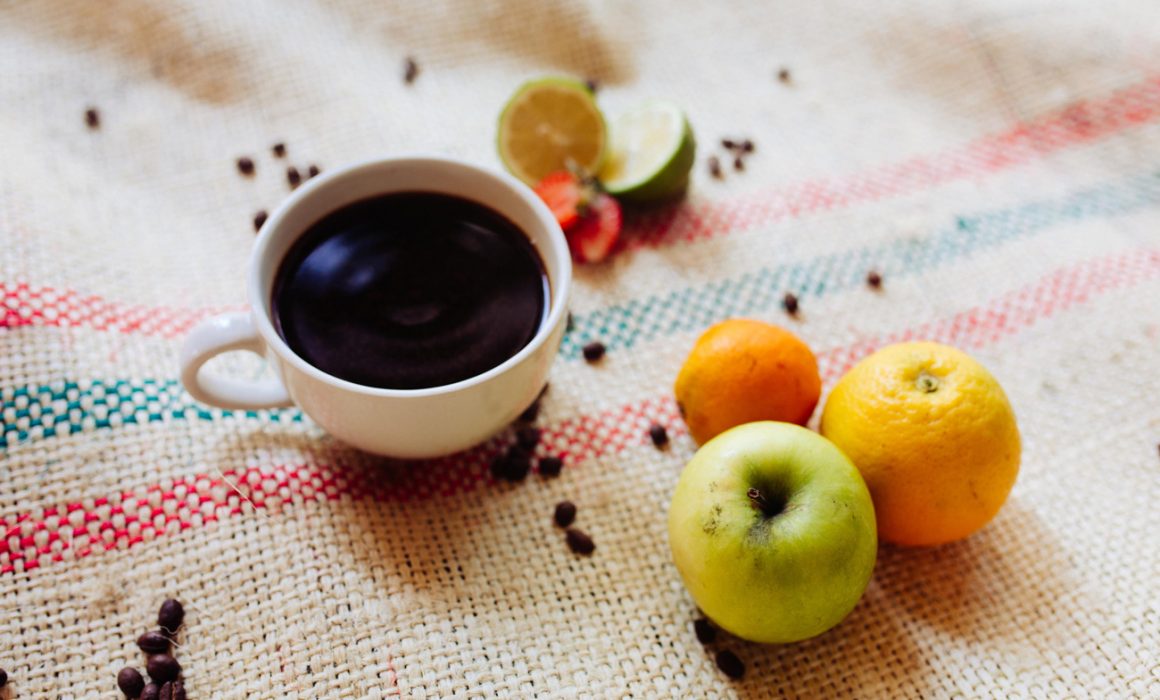
To put it simply, it is because coffee is rich in organic acids, aromatic hydrocarbons, proteins, lipids, alkaloids and carbohydrates, which produce a variety of interesting fragrances, sour, sweet and bitter after baking. Today, let's talk about the sweet and sour fragrance of coffee beans. This knowledge can help you choose coffee beans, roast raw beans, and make coffee.
Chlorogenic acid, a healthy but unpalatable acid in coffee
Coffee is actually an acidic drink, and a very important part of tasting boutique coffee is to appreciate its rich sour taste. Most of the boutique coffee uses Arabica coffee beans (Arabica), while the common commercial beans choose Robusta coffee beans (Robusta). And Robusta coffee beans have more chlorogenic acid (Chlorogenic Acid), chlorogenic acid is also called coffee tannin, this acid is not delicious, insects do not like to eat, so Robusta coffee trees usually have better anti-insect power.
Not only insects do not like chlorogenic acid, in fact, humans do not like the bitter taste of chlorogenic acid, although it is actually a good antioxidant and good for health. But the good news is that chlorogenic acid turns into quinic acid and caffeic acid during coffee roasting, which is one of the reasons why coffee is less sour as it is roasted deeper.
Boutique coffee has less chlorogenic acid, so light roasting will not be too sour, while Robusta coffee beans are mostly roasted in use, so that they will not be too sour. But this is only a statement in the general direction, not certain.
Wait, isn't the boutique coffee sour? Then why is there less chlorogenic acid in boutique coffee and sour?
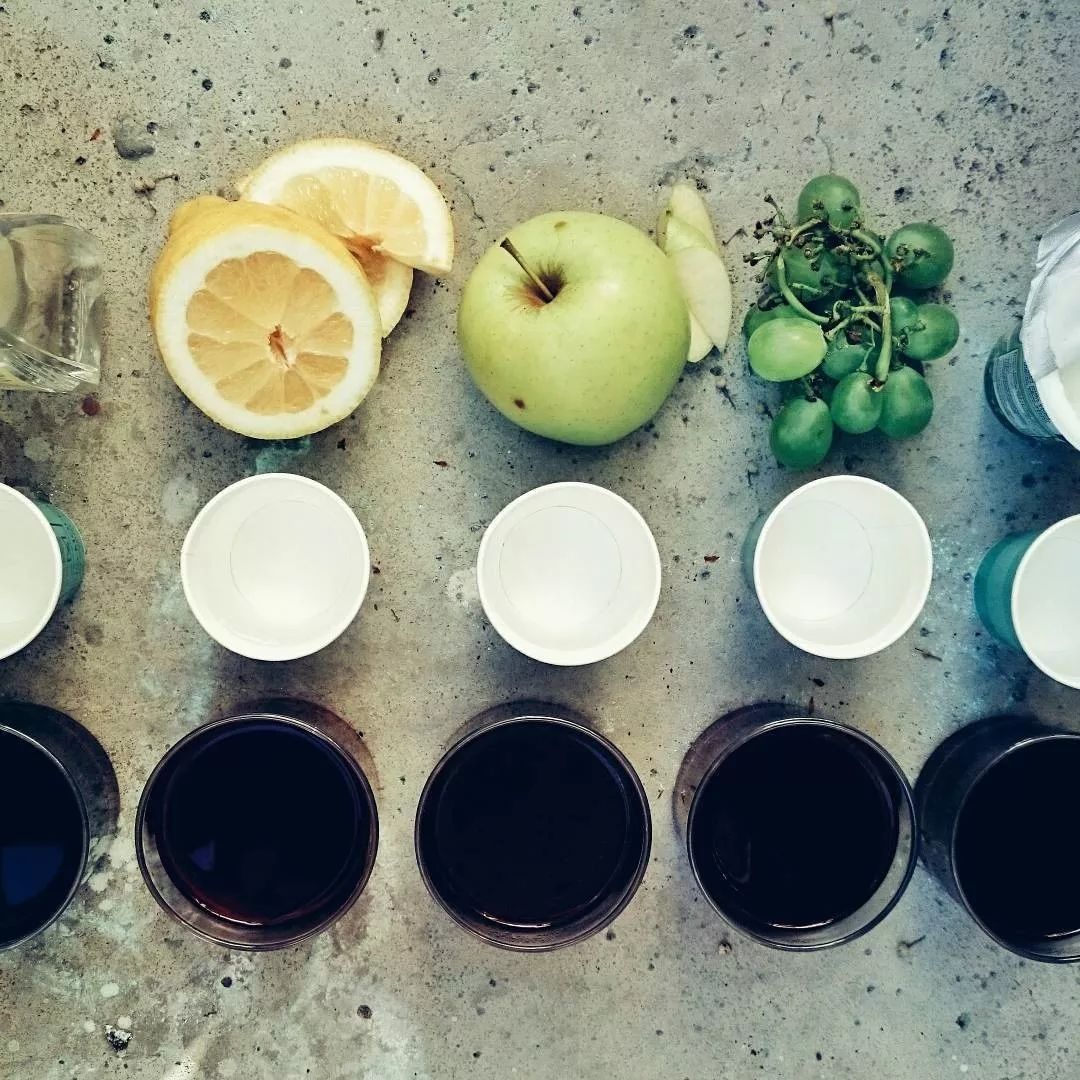
Because the multi-level, bright and interesting sour taste of boutique coffee is not made by the sour taste of chlorogenic acid alone, chlorogenic acid is actually a kind of bitter acid. Most of the delicious acids in boutique coffee are brought by citric acid, malic acid, quinic acid, acetic acid and tartaric acid, but it is much more than that, because coffee beans contain thousands of chemicals that affect flavor. But today we will first introduce these major influences on the flavor.
Malic acid and citric acid that do not match the name
Malic acid and citric acid sound very youthful and colorful, but do you know? In fact, malic acid and citric acid do not have the aroma of fruit, because they are not volatile, so they can not smell. They are called malic acid and citric acid only because apples and lemons are rich in these two acids.
But! If malic acid and citric acid, run to combine with alcohol, you can pop out a lot of flowers, fruit, fragrance and other charming fragrance, this is the main source of aroma of raw beans, ripe beans.
And quinic acid and tartaric acid.
Quinic acid is degraded by chlorogenic acid, and it is not clear whether it brings astringency to coffee. Or add a bright flavor to the coffee. There are a lot of people saying both of these things, but the editor thinks that these two things do not conflict with each other, do you know? In fact, a little bit of odor will be added to the powerful perfume to improve the hierarchical sense of the fragrance.
Tartaric acid is commonly found in fruits such as grapes and bananas, and it is also one of the main organic acids in wine. With these acids, and coffee beans in a variety of carbohydrates, lipids, produce a variety of chemical changes, can produce a variety of acids, fragrance, sweet.
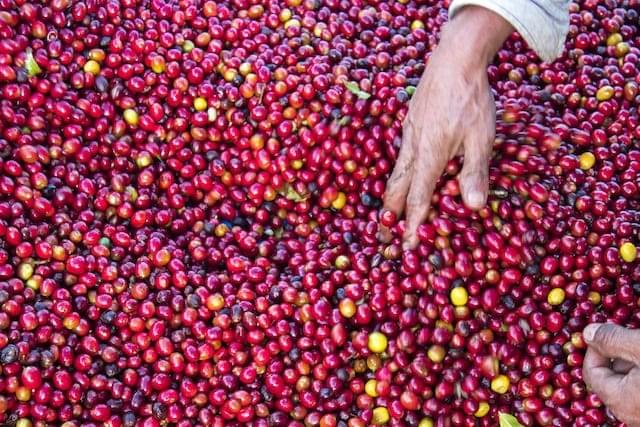
The relationship between acid and sucrose in fine coffee
More interestingly, the bright and lively acidity of coffee is proportional to the amount of sucrose in coffee beans, and the amount of sucrose in coffee beans also has a lot to do with origin and altitude.
For example, coffee beans from Kenya have a strong, individual sour taste, with a sucrose weight ratio of 8.45%, followed by Colombia with 8.3%, which is why Colombian coffee beans are often used to regulate sour taste in Italian beans.
In the case of the continent, African coffee beans usually have high sucrose, as well as obvious acidity and fruit aroma. Followed by South America, with a more mild and non-irritating supple sour aroma.
In addition, according to the study, for every 100 meters increase in altitude, the temperature decreases by 0.6 degrees Celsius, and every 300 meters increase the sucrose content of coffee beans by 10%. This is because higher altitude, lower temperature and large temperature difference between day and night can slow down the growth rate of coffee and store more nutrients. Sucrose produces more sour substances in the process of baking, which is why the sour aroma of hard beans at high altitude is much better than that of soft beans at lower altitudes.
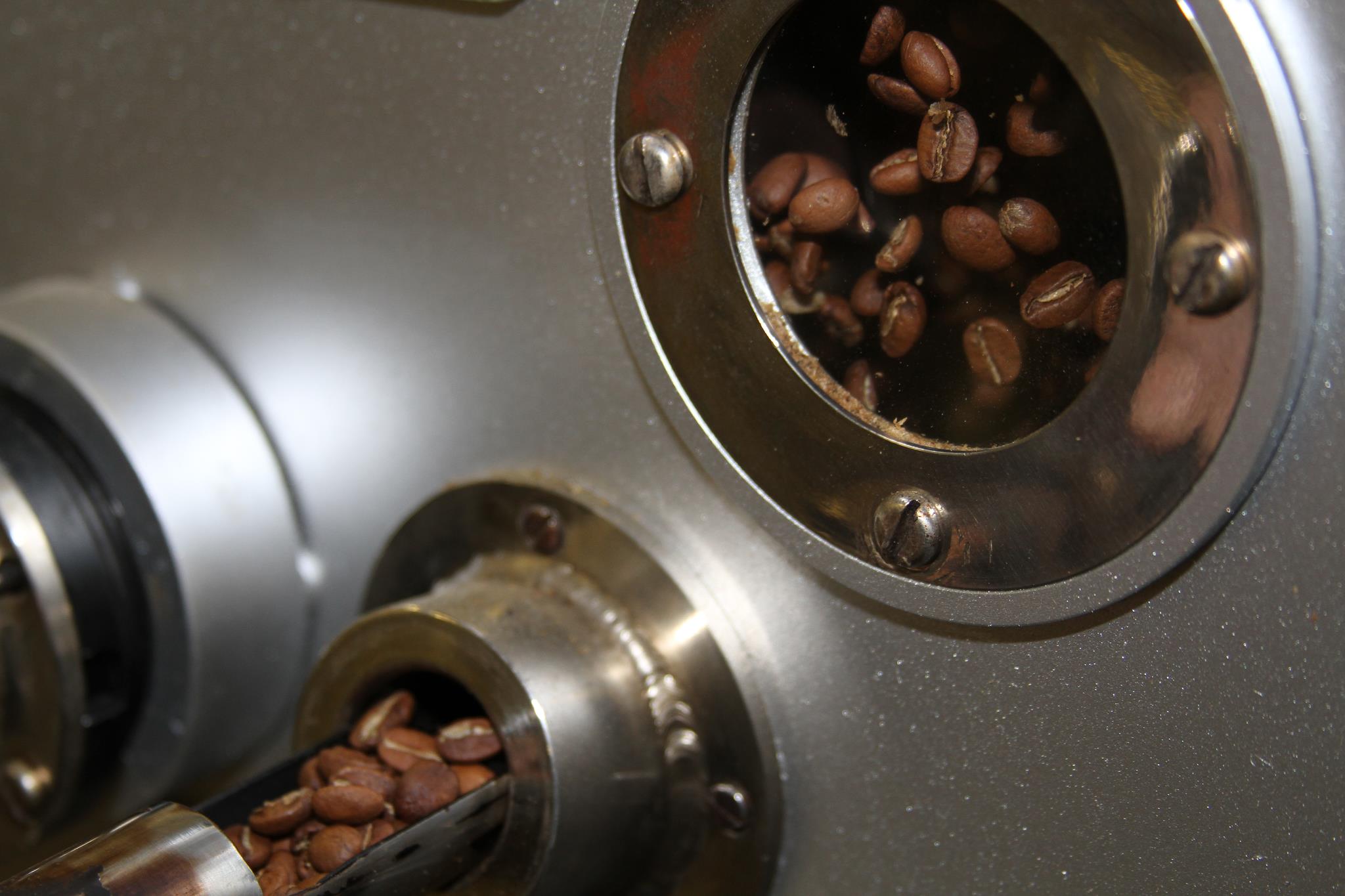
Roasting removes the acid from coffee
Friends who believe they have baked beans know that the deeper the roast, the more acid in the coffee will be destroyed and replaced by more caramel, smoky and bitter taste. Therefore, it is not common for boutique coffee to be moderately roasted and more ripe. Of course, just because it's rare doesn't mean it won't work. Deep roasting of boutique coffee beans is an interesting skill. Friends who bake their own beans can try to see how sour the same kind of beans feel at different roasting degrees.
The factors that affect the sour taste of coffee include not only the coffee bean itself, but also the water quality of brewing coffee, the time of tasting and so on. However, these problems are relatively general, so let's save it for another chat.
END
Important Notice :
前街咖啡 FrontStreet Coffee has moved to new addredd:
FrontStreet Coffee Address: 315,Donghua East Road,GuangZhou
Tel:020 38364473
- Prev
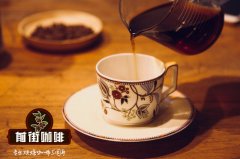
Waste recycling and recycling coffee grounds into coffee cups
Professional coffee knowledge exchange more coffee bean information Please pay attention to the coffee workshop (Wechat official account cafe_style) with the rise of environmental awareness, more and more countries are implementing plastic restriction policies. Australian scientists have recently come up with a way to convert coffee grounds into coffee cups so that coffee residues can be recycled. According to the comprehensive report, Australians consume 6 billion cups a year.
- Next
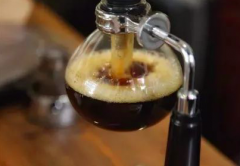
Siphon pot | the difference between stirring and soaking when extracting coffee!
First of all, let's briefly talk about the source of the siphon pot. The siphon pot originated in Europe and originated 70 years earlier than hand-made. Between 1830 and 1840, Loeff in Berlin, Germany, first invented and patented the siphon extraction method of glass material and upper and lower pots, and later passed through France, Britain and Germany.
Related
- What grade does Jamaica Blue Mountain No. 1 coffee belong to and how to drink it better? What is the highest grade of Blue Mountain coffee for coffee aristocrats?
- What are the flavor characteristics of the world-famous coffee Blue Mountain No. 1 Golden Mantelin? What are the characteristics of deep-roasted bitter coffee?
- Can I make coffee a second time in an Italian hand-brewed mocha pot? Why can't coffee be brewed several times like tea leaves?
- Hand-brewed coffee flows with a knife and a tornado. How to brew it? What is the proportion of grinding water and water temperature divided into?
- What is the difference between Indonesian Sumatra Mantinin coffee and gold Mantinin? How to distinguish between real and fake golden Mantelin coffee?
- What does bypass mean in coffee? Why can hand-brewed coffee and water make it better?
- Unexpected! Ruixing Telunsu lattes use a smoothie machine to foam milk?!
- % Arabia's first store in Henan opens into the village?! Netizen: Thought it was P's
- Does an authentic standard mocha coffee recipe use chocolate sauce or powder? Mocha Latte/Dirty Coffee/Salty Mocha Coffee Recipe Share!
- What is the difference between Vietnam egg coffee and Norway egg coffee? Hand-brewed single product coffee filter paper filter cloth filter flat solution!

